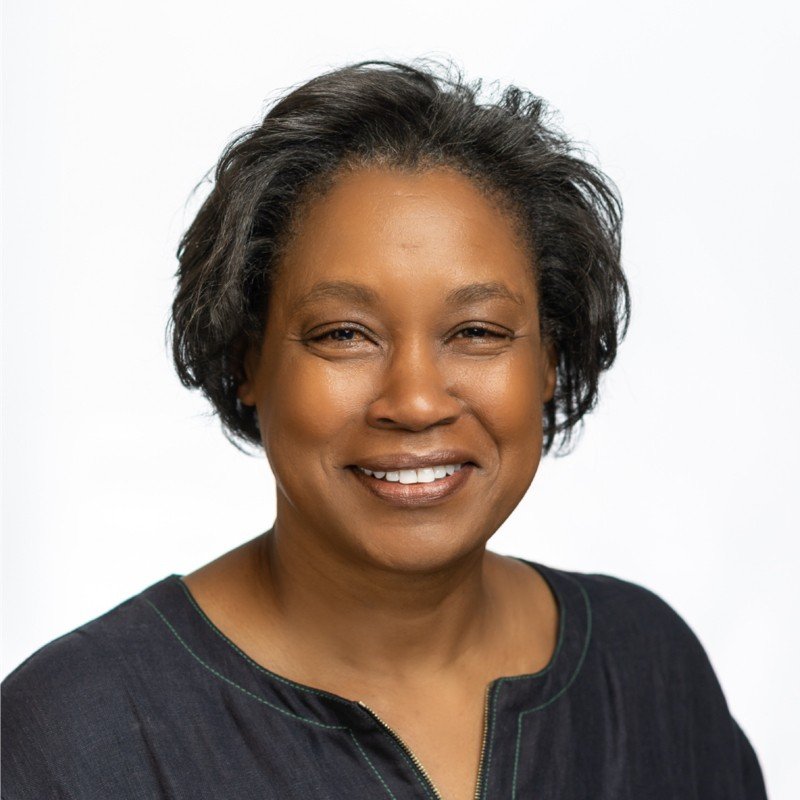AYU Member Spotlight: Roselia St Louis of ISAR Capital Partners
Roselia St. Louis has over 20 years strategic investment management experience growing
portfolios with top performing sector focus and an international diversification approach.
Roselia St. Louis has over 20 years strategic investment management experience growing portfolios with top performing sector focus and an international diversification approach. She began her investing career at the United Church Pension Boards, where she served as an Assistant Portfolio Manager of the multi-million dollar large cap core portfolio. She moved to Lord Abbett after 6 years at the Pension Boards to serve as Portfolio Manager of the multi-million dollar large cap growth portfolio. She is currently the Founder and Chief Investment Officer at ISAR Capital Partners. Roselia holds an MBA in Finance from Cornell University in Ithaca, NY and a Bachelors degree in Economics from York University, in Toronto, Canada.
Hi Roselia, what are you working on today?
I am working on two objectives positioning the portfolio for outperformance and fundraising. Specifically, I am working on positioning the portfolio for the next stage of sustainable outperformance. At ISAR Capital, we do not believe the economy will experience a deep and lasting recession. Rather, we believe that if we do have a recession it will be mild and shallow. Though the consumer feels stretched due to inflationary pressures they remain resilient because of economic mobility and the changes in employment due to Covid-19. They can follow the jobs and not feel economically stagnant. As a result, we are expecting continued strong fundamentals in our sectors of focus, namely tech and biotech. We continue to maintain an overweight in tech but also increasing our positions in biotech due to new efficacious and safe therapies coming to market. Secondly, we are actively fundraising now that we have a 3+ years track record.
How did you get to where you are today?
I initially enrolled in university as a biology major. However, I decided to take an economic class because I wasn’t fully enjoying a particular biology course. After taking an economics class, I realized I loved it and decided to switch my major to economics. I loved economics because it’s the only discipline that can quantitatively solve real world problems that affect human lives. Like economics, I believe technology and biotechnology provide the rigor and tools needed to solve real complex issues that affect human lives by providing access and leveling the playing field.
During my undergraduate studies, I became fascinated with Wall Street and read every book I could find about it to prepare myself for the eventual career I so passionately wanted to pursue. I did my very best to learn everything I could about what would be expected of me. I got my first job as a Financial Analyst at the United Church Pension Boards and within a couple years was promoted to Assistant Portfolio Manager and continued to develop my portfolio management skills from thereon.
What has been the most pivotal moment of your career so far?
The most pivotal moment of my career was moving from Toronto, Canada to New York City. As I mentioned earlier I have always been fascinated with Wall Street. After literally pounding the pavement in New York City, I landed a job at the United Church Pension Board as an Administrative Assistant. In that role I learned all the basics of back office operations but it also gave me access to Wall Street research. Something I dreamed about reading as an undergraduate student. I loved taking home the deep dive research reports on tech and biotech and pouring over them after dinner. I quickly worked my way up through the organization and secured a position as a Financial Analyst and then a Portfolio Manager.
However, it was my intuition for picking stocks and building models, that solidified my decision to become a portfolio manager. I enjoyed my time and the people at the Pension Boards, for it was there I learned and developed the skills I needed to be a successful portfolio manager but most importantly to pursue my dream and passion of working on Wall Street.
What aspect of our industry excites you the most?
I am excited about the changes that are starting to take place in the industry because of technology providing access and economic empowerment. When I started in the business, investing in securities was unreachable for the average person (except for retirement funds). However, today because of technology more people can participate in investing and that’s a good thing. Although, the playing field is not yet level, I believe we are moving in the right direction.
What would you change?
Personally, not much. If I had to come back in another life, I would choose the same career. However, I would like to see more representation of various underrepresented groups in the industry. I think early awareness of alternative career options is essential to providing access to the industry and increasing representation. I believe the new generation will get it right and do the right things for the continued growth and expansion of opportunities for various underrepresented groups in the industry.
Where do you invest personally?
On a personal level I invest a lot of time in my children. It is of the utmost importance to me to establish a firm foundation for the growth and development of their lives and career. I believe that I should provide them with everything they need to succeed and avoid unnecessary pitfalls. In terms of the portfolio, I am investing in Artificial Intelligence (AI). I believe AI is one of the most transformative technologies that will change many aspects of our lives and most importantly level the playing field for everyone. We read about the gaps that exist in society-racial, economic, health etc. I believe AI in combination with economic tools will help solve some of the most complex problems that affect human lives and thus narrow the gaps that exist in society today. Therefore, we are investing in the infrastructure companies that are facilitating AI.
Where do you celebrate?
South of France, namely Cap Ferret because of the beauty, delicious food and culture.
What is at the top of your bucket list right now?
I would like to have a family office to continue to invest in young entrepreneurs and great ideas. I enjoy city living and hiking. Therefore, I would love to live in Paris and London and climb Machu Picchu.
What does success mean to you?
One author describes success as “fundamentally positional”meaning it enhances our position in social hierarchies. However, for me, success is about the joy and happiness I find in others. I would consider myself to be incredibly successful if my children find success. It would give me no greater joy to know that my children find happiness and success. From a business perspective, my success would be contributing to transforming the asset management industry. This would include growing the fund to a size where I can hire talented young women and underrepresented groups and train them in the fundamentals of the asset management industry.
What is the best advice you have been given?
The best advice I have received came from my grandmother as a young girl which has played a pivotal role in shaping where I am today. She said “focus on your education, then your life will fall into place”.
In Marc Bloch’s book “ Strange Defeat” there is a quote that resonates with me deeply. I embrace virtue as a true character trait and according to Marc Bloch “when the critical moments come, blemishes of character are effaced, while virtues, till then potential merely, are seen in an unexpectedly vivid light”.
Fund Summary:
ISAR Capital Partners is a minority owned and managed long/short hedge fund. The main objective of the fund is to preserve investors capital in various market cycles. The fund is concentrated in two sectors--Technology and Biotech/Healthcare. ISAR Capital Partners applies a rigorous analysis process driven by deep fundamental research and risk management to find companies that provide products, services, platforms and access for underrepresented groups. This portfolio is defined as the Racial Equity Portfolio. They also implement a well-defined and highly disciplined process to identify companies that have set business and social benchmarks and achieved them. They employ derivatives, shorting, strategic cash positioning for risk management.

